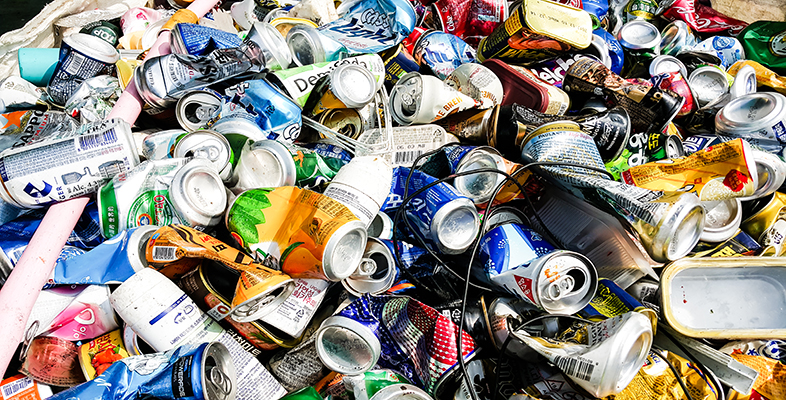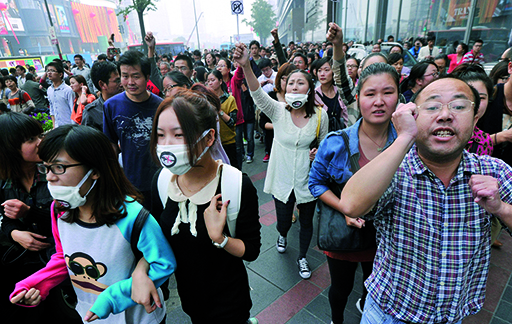2.2 Environmental pressure groups
Environmental groups are a fairly new phenomenon in China. The first group, ‘Friends of Nature’, was formed in 1994, and protested against the loss of biodiversity. It worked with the Chinese media, and by means of education campaigns began to increase the Chinese people’s awareness of environmental issues. Championing biodiversity was a relatively safe topic as it did not directly criticise government and was therefore tolerated. But by the late 1990s, Chinese environmental non-governmental organisations (NGOs) began to be more assertive (Geall, 2013). A successful and energetic lawyer, Wang Canfa, established the Centre for Legal Assistance to Pollution Victims. This organisation prosecuted environmental pollution cases on behalf of pollution victims and represented a more confrontational style in contesting environmental degradation.
In 2015, there were over 700 registered environmental groups in China (The Guardian, 2015). These are growing in number and in influence, informing and educating widely on environmental issues. The Chinese Government, the judiciary, the media, the business sector and the fast-expanding Chinese middle class are increasingly expressing concern about the environmental impacts of rapid growth, in particular the energy-inefficient and dirty processes being used. Moreover, there is an emerging awareness that the environmental consequences of rapid economic growth could actually undermine the sustainability of the phenomenal development already achieved.
The bigger Chinese environmental NGOs are listened to by central government. Indeed, Chinese environmental groups work closely with the Ministry of Environmental Protection (MEP) to propagate their message, and the ministry relies on them for information. However, their relationship with local government and regional officials is more ambivalent and it is this area they are seeking to improve. One way Chinese environmental groups are attempting to do this is by holding weekly or monthly seminars to which regional journalists are invited. The seminars address a particular environmental issue, are highly informative, and are presented with campaigning zeal. The journalists then write articles and features on the environmental issue, thereby educating the local citizens. The citizens in turn come to expect their local officials to act to safeguard their environment.

